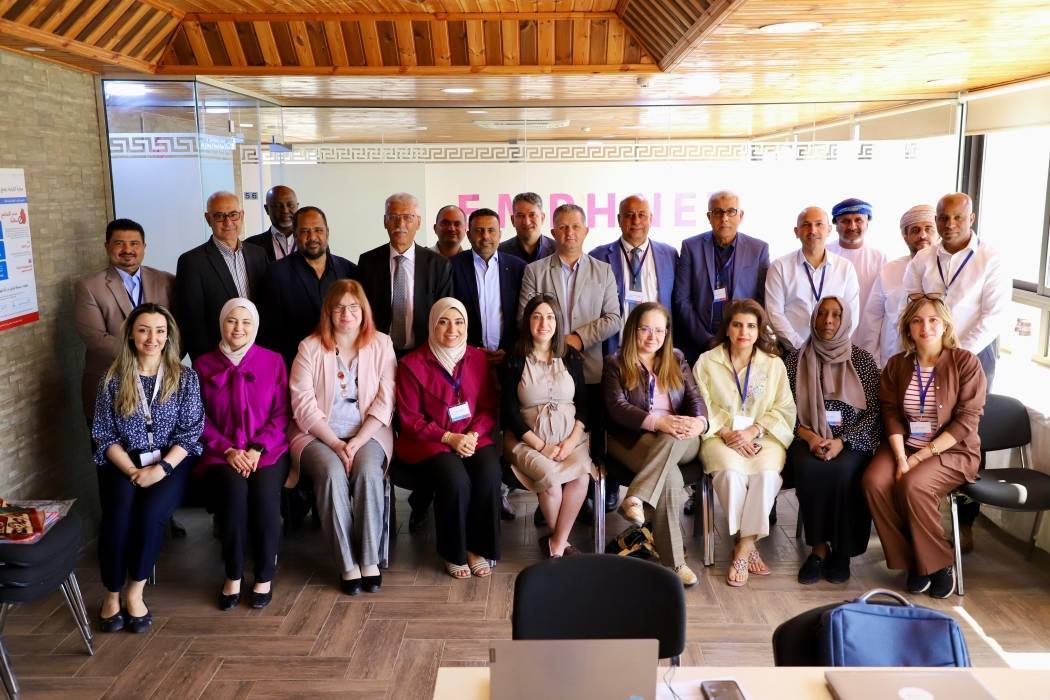- محلية
- الثلاثاء-2025-05-20 | 06:00 pm

نيروز الإخبارية :
The global health community increasingly emphasizes that field epidemiology training is one of the most critical investments for all countries, as it is essential for fulfilling the core capacities outlined in the International Health Regulations. FETP residents and graduates have demonstrated their value in strengthening health systems, particularly during the COVID-19 pandemic. However, ensuring the long-term sustainability of these programs remains a pressing challenge in many countries. Key obstacles include issues of institutionalization, limited political and financial commitment, insufficient funding diversification, and the lack of well-defined career paths for both FETP graduates and mentors.
In response to the pressing need to address these challenges, particularly within the Eastern Mediterranean, the Eastern Mediterranean Public Health Network (EMPHNET), the regional network for Field Epidemiology Training Programs (FETPs), organized a three-day regional sustainability workshop from May 18–20, 2025. The workshop brought together over 28 participants, including directors of national public health institutes, FETP directors, key stakeholders, and decision-makers from 11 countries across the Eastern Mediterranean Region and beyond. Participating countries included Afghanistan, Tunisia, Yemen, Morocco, Oman, Pakistan, Sudan, Palestine, Iraq, Jordan, and Qatar.
The workshop provided an opportunity for dialogue, experience-sharing, and exploring collaboration opportunities, while offering a structured, consultative, and technically supported process for developing actionable national FETP sustainability plans.
The workshop focused on tools for analyzing national sustainability gaps, developing country-specific strategic, advocacy, and partnership frameworks to support FETP institutionalization, and guiding the formulation of national sustainability plans that incorporated components for funding diversification and career development. Participants also shared lessons learned from the experiences of their respective programs and identified key barriers hindering the sustainability of FETPs in their countries.
The expected outcome of this workshop is the co-development of tailored national sustainability plans that will guide long-term efforts to sustain FETPs in the region. On a more practical level, this development will be accompanied by a clear governance structure, defined accountability mechanisms, and stakeholder commitment to ensure effective implementation in the upcoming months.
"It is workshops like these that provide a vital platform to strengthen regional dialogue and shape a collective vision and roadmap for sustaining FETPs across the region. Our FETPs hold immense potential, and we want to see that potential realized well into the future. This will only happen if we work together to build resilient and sustainable programs that continue to serve our countries in the years to come.”
















